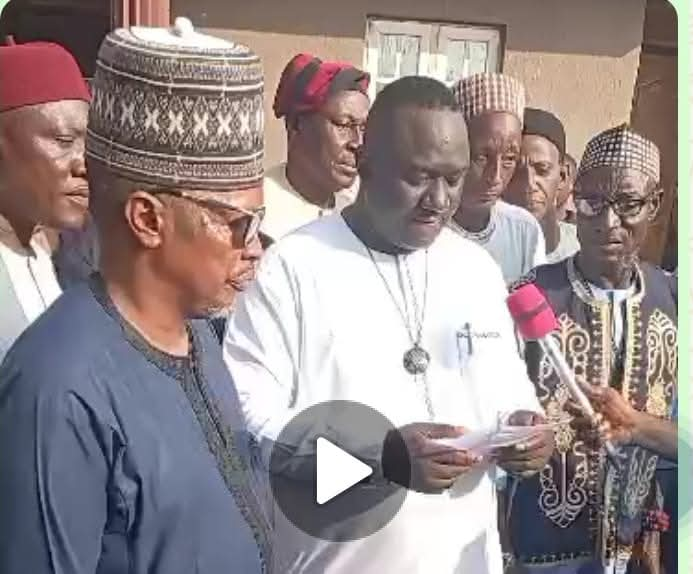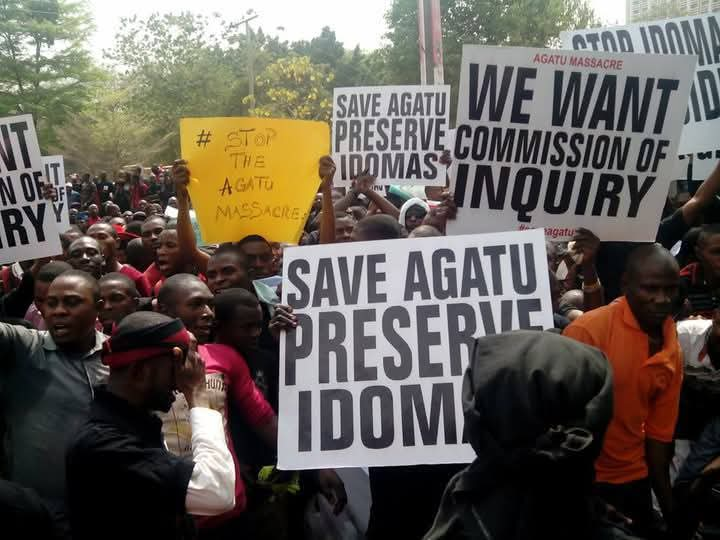PRESS RELEASE
YELWATA MASSACRE: BENUE BLEEDS, GOVERNMENT SLEEPS – ADVOCATES DEMAND URGENT GLOBAL INTERVENTION
*As Calls Mount for Federal Action For Declaration of State of Emergency Option in Benue
By: Accountability and Development Advocates
Date: June 15, 2025
The Accountability and Development Advocates (ADA) is heartbroken and outraged by the mass killing of over 200 Nigerians in Yelwata, Guma Local Government Area of Benue State, on Friday, June 13, 2025, in yet another brutal and coordinated attack by suspected Fulani jihadist herdsmen. This carnage, which consumed women, children, the elderly, internally displaced persons (IDPs) and even security personnel, is the latest in a long trail of bloodshed that has come to define Governor Hyacinth Alia’s two years in office — two years that have been bereft of leadership, strategy, and political will to confront the deepening security catastrophe in Benue State.



